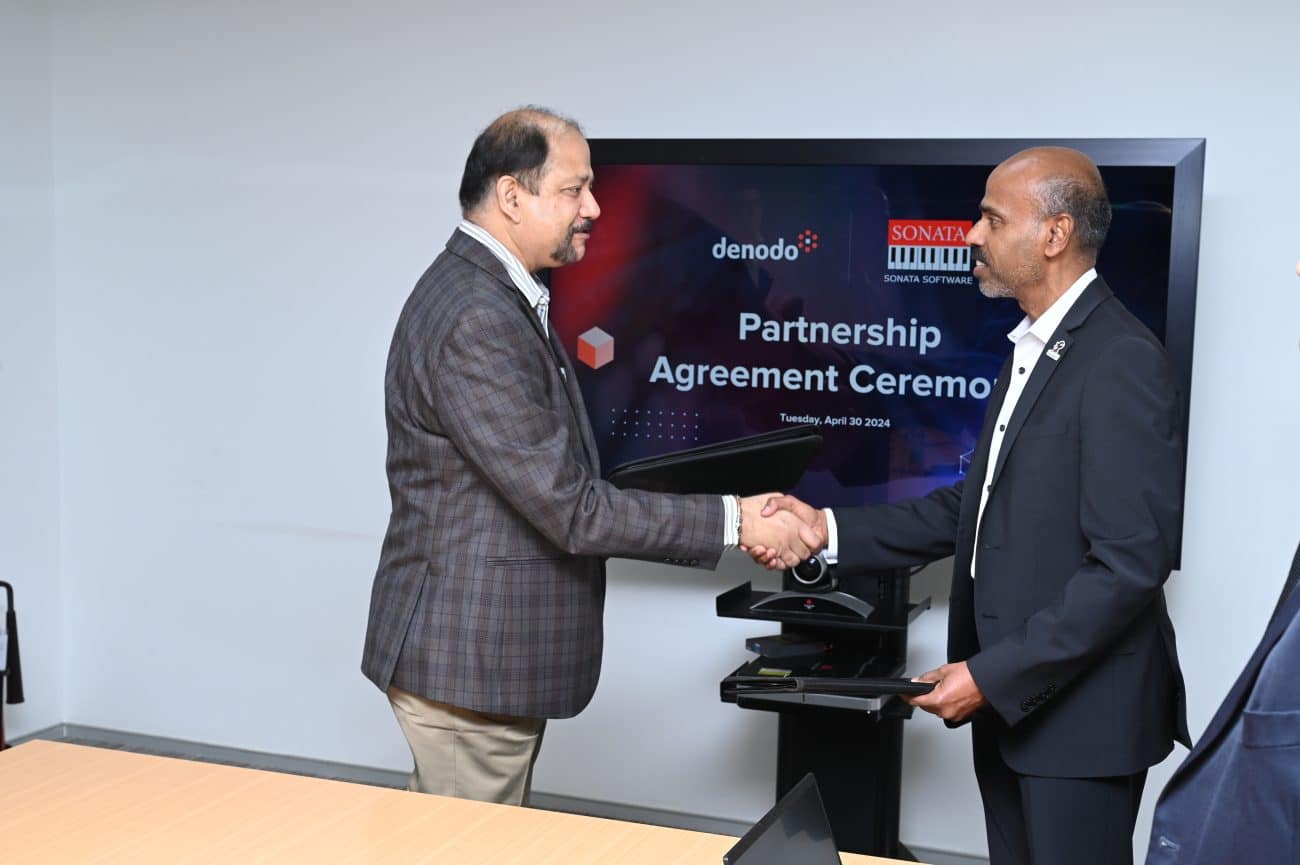|
Listen to this story
|
After failing to attract top customers with its 3nm chips, Samsung now turns its attention to 2nm chips to gain significant market share. Samsung Foundry, the second biggest semiconductor chip manufacturer in the world, announced earlier this year that it will fabricate 2nm semiconductor chips in 2025, which will be the most advanced semiconductor technology to date.
Samsung claims its 2nm chips provide a 25% increase in power efficiency at the same clock speeds and complexity. Additionally, they boast a 12% performance improvement and a 5% reduction in die area compared to the second-generation 3nm chips introduced earlier this year.
Samsung has also outlined a detailed roadmap, indicating its commencement of mass production for the 2-nanometer process in mobile applications by 2025. Subsequently, the company plans to extend its use to high-performance computing in 2026 and automotive applications in 2027.
“Samsung is never satisfied with No. 2 as a business, as a company. We’re very aggressive,” Jon Taylor, Samsung’s corporate vice president of fab engineering, said earlier in an interview.
The 2 nm chips will possibly power most upcoming consumer devices such as laptops, PCs, tablets and mobile phones, as well as AI hardware such as Graphic Processing Units (GPUs).
Tough competition from TSMC
However, Samsung is not the only one making the 2 nm chips. Taiwan Semiconductor Manufacturing Company (TSMC) will mass produce its 2 nm chips during the same period. Interestingly, there is another player in the mix — Intel — which is reportedly planning to launch its 2 nm technology next year.
TSMC currently leads the global advanced foundry market with over 60% market share, according to consultancy firm TrendForce. Samsung, which holds around 25% market share, would want to attract more customers with its 2 nm technology and change the market dynamics.
Given it wants to gain significantly from its 2 nm chips, some speculate that Samsung is contemplating the possibility of bypassing extensive 3-nanometer production and directly advancing into the fabrication processes of 2-nanometer technology.
The South Korean company also revealed that it aims to achieve mass production of 1.4 nm chips by 2027, a goal that underscores its ambitious roadmap in semiconductor technology.
Moreover, to keep up with the global demand, Samsung has confirmed its commitment to expanding chip manufacturing capacity by establishing new manufacturing lines in Pyeongtaek, South Korea, and Taylor, Texas.
Luring customers with 2 nm tech
Both Samsung and TSMC have already shown their 2 nm technology to potential clients, according to reports. The Financial Times reported that TSMC has already shown its N2 technology to NVIDIA and Apple. Samsung, on the other hand, is trying to lure customers like NVIDIA by providing the 2 nm chips at a relatively low cost.
Very recently, FT also reported that Qualcomm could replace TSMC with Samsung’s 2 nm chips in its next-generation smartphone processors. Qualcomm’s Snapdragon processors power a significant number of flagship Android phones on the market.
Currently, Snapdragon 8 Gen 2 is Qualcomm’s most advanced mobile phone processor and is powered by TSMC’s 3 nm chips. Interestingly, Samsung was earlier involved in the development of the previous generation of Snapdragon processors.
Even though unconfirmed, landing Qualcomm again would be significant for Samsung. Nonetheless, it’s noteworthy that while Samsung was the first to announce 3 nm chips, TSMC secured the majority of orders from companies like Qualcomm, NVIDIA, AMD, and major tech giants such as Microsoft, AWS, and Google, all engaged in developing their own AI chips.
For Samsung, staying on course on its roadmap would be crucial for Samsung. Reports from China in September this year suggested that TSMC could delay its mass production of 2 nm chips till 2026, which could potentially give Samsung a head-start.
‘Multi-vendor strategy’ the best bet for Samsung
Earlier this year, South Korean media Chosun Biz, citing industry sources, reported that NVIDIA is considering subcontracting a part of its AI GPUs to Samsung for manufacturing due to growing constraints in capacity supply from TSMC.
Anticipating NVIDIA replacing TSMC with Samsung might be a stretch, but adopting a multi-vendor strategy seems to be the most prudent path for Samsung. NVIDIA buying chips from both TSMC and Samsung is the most favourable situation for the South Korean company.
Many analysts also predict companies opting for a multi-vendor strategy to mitigate supply chain constraints similar to those experienced by NVIDIA with TSMC.
Banking on Gate-All-Around technology
Samsung, utilising its proprietary gate-all-around (GAA) transistor architecture, succeeded in producing 3 nm chips ahead of TSMC. Despite this achievement, the company faced challenges in securing major customers and received criticism for its efforts.
However, Samsung Foundry CTO Jeong Ki-tae believes the GAA process is a technology that will last in the future and it will be very difficult to find any further improvements in FinFET technology.
TSMC plans to leverage the GAA architecture for its 2 nm chips. Samsung Electronics President Kyung Kye-hyeon, in a lecture at KAIST in Daejeon, said that once TSMC switches to GAA technology, Samsung will be on par with them.












































































